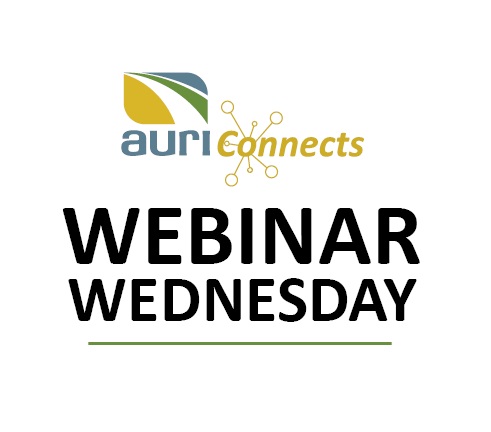Fertilizers are indispensable and not replaceable materials for sustaining high agricultural productivity, but their careful management is vital for protecting water and air quality and long-term sustainability. Poor nitrogen management can lead to water pollution, eutrophication, and dead zones in aquatic ecosystems while also releasing nitrous oxide (N₂O), a potent greenhouse gas. Fertilizer production itself contributes significantly to greenhouse gas emissions. Recycling nitrogen from organic waste, such as manure and food waste offers a sustainable alternative that can reduce reliance on synthetic fertilizers. However, it brings novel and unique challenges like contamination risks, nutrient imbalances, and logistical hurdles in collection and application. Effective processing and management practices are needed to avoid environmental impacts, including runoff and inconsistent yields. Recycling of nutrients should complement, not replace, synthetic fertilizers—whose supply chains are becoming more efficient and decarbonized—to maximize both the sustainability and economic value of the agricultural sector. This webinar will provide an overview of these topics with a focus on current developments in the area of decarbonization of synthetic nitrogen and efficient use of recycled nitrogen.
- The landscape of the fertilizer market
- Distribution of recyclable nitrogen sources
- Advances in technical and commercial development of green ammonia
Join us to learn more about the topic during this final webinar in a four-part series highlighting climate change opportunities for value-added agricultural businesses.
Webinar Wednesday is sponsored by Bremer Bank and Avisen Legal.

